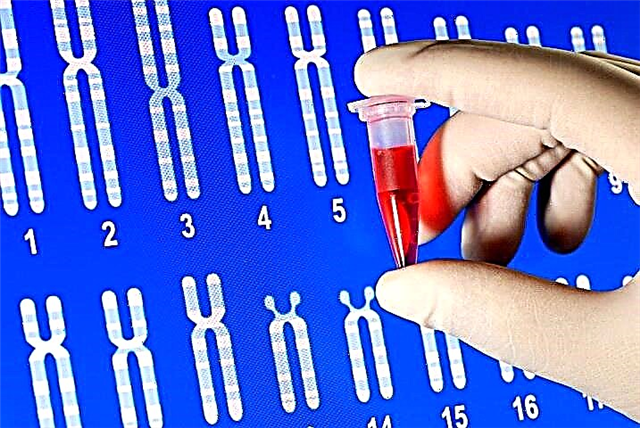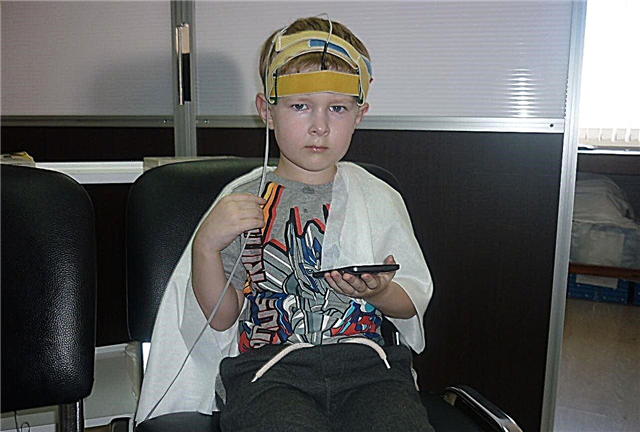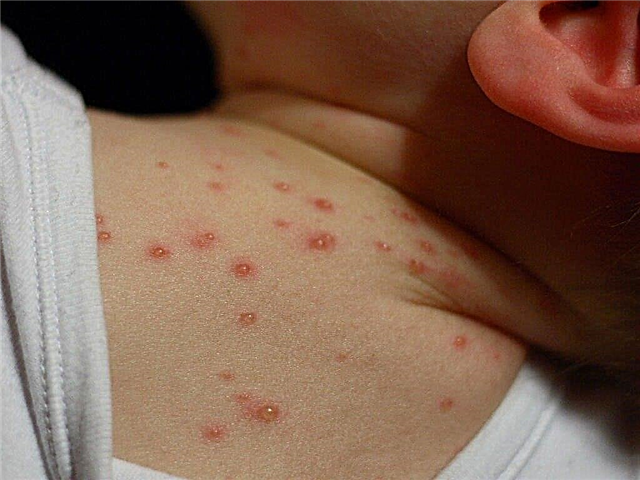A child's tongue can get sick due to a simple bite, at the same time it is a symptom of some pathologies. Tongue pain is often localized to the sides of the organ and may occur when swallowing. What are the possible causes and how can you prevent pain?

The child's tongue hurts
Causes of pain in the tongue
Important! The tongue contains many nerve endings and blood vessels. They provide sensory and gustatory sensations, as well as adequate organ mobility. It is through the nerve endings that information about stimuli is transmitted to the cerebral cortex, where it is perceived as pain in the tongue.
The condition of the mucous membrane worsens as a result of the following processes:
- accelerated cell division;
- stratification of tissues;
- scaly desquamation of epidermal cells.
As a result, bubbles and red spots are formed. If an infection enters, the fluid-filled vesicles can change color from white or yellowish to red. Over time, they rupture, ulcers appear in this place.
Injuries and trauma
The child has a sore tongue due to several types of injuries:
- Bite when chewing or talking. In this case, the pain goes away quickly enough, and no measures are needed to treat it;

The child bit his tongue
- Strong bites during an epileptic seizure;
- Iatrogenic injuries (caused by medical intervention) from oral procedures such as dental treatment;
- Burns from hot food, as well as chemicals if they accidentally enter the mouth;
- Severe craniofacial trauma, during which damage and even rupture of the tongue are possible.
Aphthous stomatitis
With aphthous stomatitis, inflammation of the oral mucosa occurs, resulting in painful superficial ulcers of white or grayish color. They can be single or multiple and located anywhere.

Aphthous stomatitis
The causes of ulcers can be:
- minor trauma to the tongue;
- weakening of immunity;
- genetic factor;
- avitaminosis;
- a source of pathogens in the mouth (multiple tonsillitis, caries).
Enteroviral stomatitis
Enterovirus stomatitis is an infectious disease with the formation of ulcers, blisters or red lumps not only on the tongue, but also on the face, palms, and feet, most often caused by Coxsackie enteroviruses. This is not uncommon for children due to their habit of putting whatever they find in their mouths. Virus penetration is also possible due to inadequate hand hygiene.

Coxsackie virus in children
The likelihood of developing the disease is higher if you are allergic to any food, lack of nutrients, vitamin deficiencies, trauma to the oral cavity, and a poor immune system.
Vitamin deficiency
Important! A burning sensation in the mouth, tingling of the tongue, and sometimes swelling indicate a lack of B vitamins, in particular, a deficiency of folic acid and vitamin B12.
By itself, a deficiency of vitamins can cause the development of aphthous stomatitis and an increased risk of enteroviral.
Chronic mycosis of the oral mucosa in the form of a thick white coating indicates poor absorption of nutrients and a lack of vitamins of group B. At first, this causes pain and an unpleasant taste, in extreme cases - atrophic glossitis, when the taste buds are degraded, and the tongue looks like a bald one.
Cracking the corners of the mouth also indicates a lack of B vitamins, zinc, iron.
Other diseases
It may happen that pain in the tongue in a child is caused by various diseases:
- glossitis - inflammation of the mucous membrane;
- candidiasis (thrush);
- herpetic gingivostomatitis (when infected with the herpes virus).
Pain and burning sensation in the tongue can also appear with systemic diseases such as diabetes mellitus. Iron deficiency anemia and various types of allergies also sometimes cause tongue discomfort and ulceration.
Common symptoms
In many cases, with diseases of the organ of speech, the baby has general symptoms:
- the appearance of sores of various types or plaque;
- rashes cause pain and burning;
- the child loses appetite, as the pain in the mouth increases when food gets there;
- the temperature rises slightly (up to 37.5 ° C);
- the baby becomes weak, lethargic, moody.
In addition to the general ones, each disease has its own characteristic features:
- Desquamative glossitis, which occurs with dysbiosis, metabolic disorders, is distinguished by the presence of a "geographical language" (the appearance of reddish spots surrounded by a light border);

The symptom of "geographic language"
- With herpetic gingivostomatitis, there may be a high temperature (up to 39-40 ° C), enlargement of the tonsils and the formation of plaque on them, pain when swallowing, ulcers are bright red, blistery on the tongue and palate, lymph nodes increase, saliva becomes viscous;
- When a child is sick with candidiasis, the plaque on the tongue has the consistency of a curd; when it is removed, bleeding appears;

White plaque on the tongue with candidiasis
- Enteroviral stomatitis is accompanied by high fever, nausea and vomiting, drooling, sore throat, itchy sores appear in the mouth, on the palms and feet;
- With aphthous stomatitis, the ulcers are gray-white in color, surrounded by a red border, cause severe pain, especially when acidic foods enter the mouth.
Which doctor to contact
Important! What to do if a child has a tongue pain? In the case when the pain is not caused by light bites, but ulcers and other symptoms of infection appear, then the doctor must show the baby.
First you need to contact your pediatrician. If necessary, he will refer the child to a pediatric dentist after the initial examination. Other doctors you may need to consult:
- otolaryngologist;
- allergist-immunologist;
- endocrinologist;
- gastroenterologist.
Diagnostic methods and therapy
Important! The doctor determines why certain lesions of the tongue have arisen based on the medical history and a complete physical examination of the child.
In addition, sometimes it will be necessary to do laboratory tests to confirm the diagnosis:
- blood test;
- Analysis of urine;
- bacterial inoculation of plaque;
- biopsy (a small sample of tissue is taken from the lesion and examined under a microscope).
Treatment of stomatitis in children is to maintain adequate water balance, especially in the acute phases of the disease, when the child refuses to eat. At a temperature, antipyretics are prescribed, with severe pain - pain relievers. In some cases, they resort to Acyclovir (an antiviral drug) if the causative agent is the herpes virus.
Important! Stomatitis is a temporary condition that often heals without complications. Doctors do not recommend using antibiotics to treat it, unless it is caused by a bacterial infection. In viral pathologies, antibiotics will only lead to a decrease in the body's defenses, an increased risk of the spread of the virus and a worsening of the clinical picture.
Preventive measures
Preventive measures should be taken, especially if the child is predisposed to the development of stomatitis, and he has sore sores in his mouth more than once.
For different ages, prevention activities are slightly different. For children under one year old:
- Supervising the baby in order to prevent various objects from getting into his mouth. Toys that he can put in his mouth should be washed periodically with hot water and soap;
- Sometimes too frequent use of a pacifier, especially a long one, can lead to injuries in the mouth. It is necessary to limit it;
- Strengthening immunity and general health is facilitated by the daily regimen, frequent stay in the fresh air, performing gymnastic exercises with the baby, massage;

Walking with the baby
- It is necessary to monitor the nutrition of the child. Complementary foods should be introduced carefully and without haste, carefully observing the presence of allergic reactions.
Important! In case of digestive disorders, which are manifested by a change in the nature of the stool, vomiting, cessation of weight gain, parents should consult a doctor in time.
For children from 1 to 3 years old:
- The baby's diet should be balanced, containing a sufficient amount of vitamins and minerals;
- It is advisable to avoid very hard, hot, salty, spicy and sour foods;
- It is necessary to encourage the child's physical activity, play in the fresh air, and carry out hardening procedures;
- If caries occurs in milk teeth, it is necessary to treat and remove them on time. To clean your teeth, you need to use children's pastes and brushes with soft bristles;
- Teach your baby to hand hygiene.
Pain in the tongue is a very unpleasant symptom that causes a lot of suffering for the baby. In the vast majority of cases, it is harmless to health and heals quickly. The main thing is to pay attention to the problem in time.



